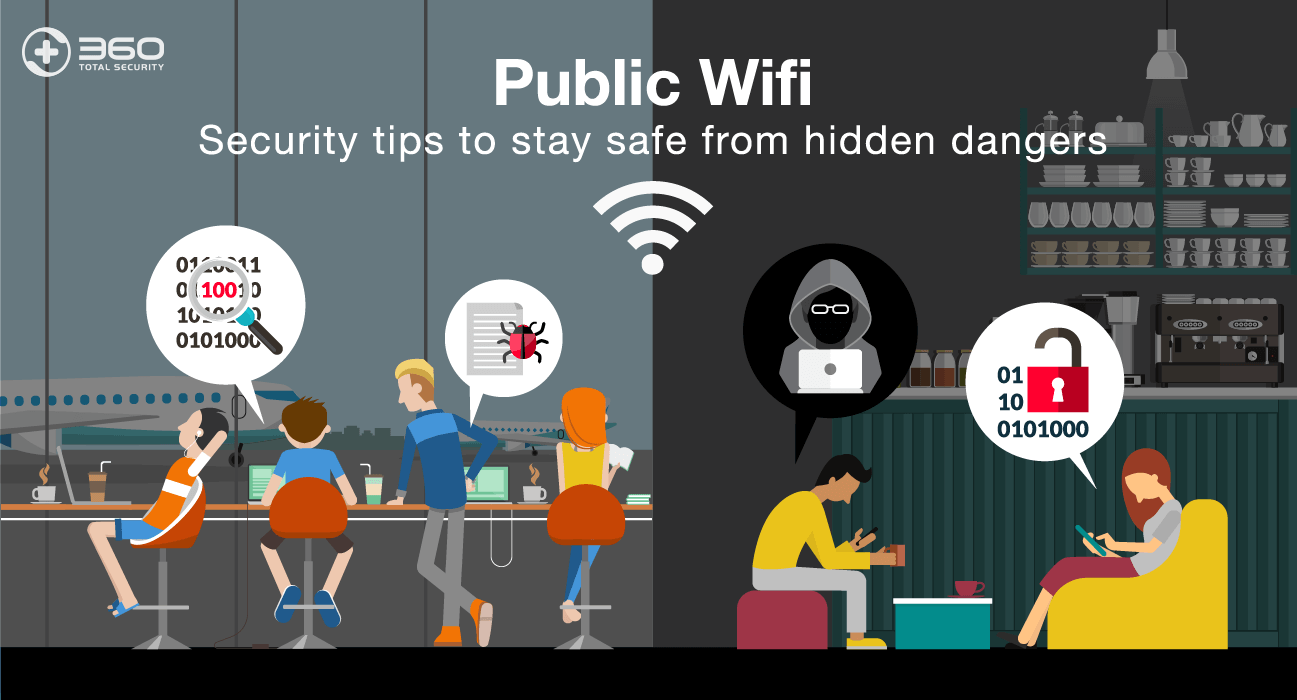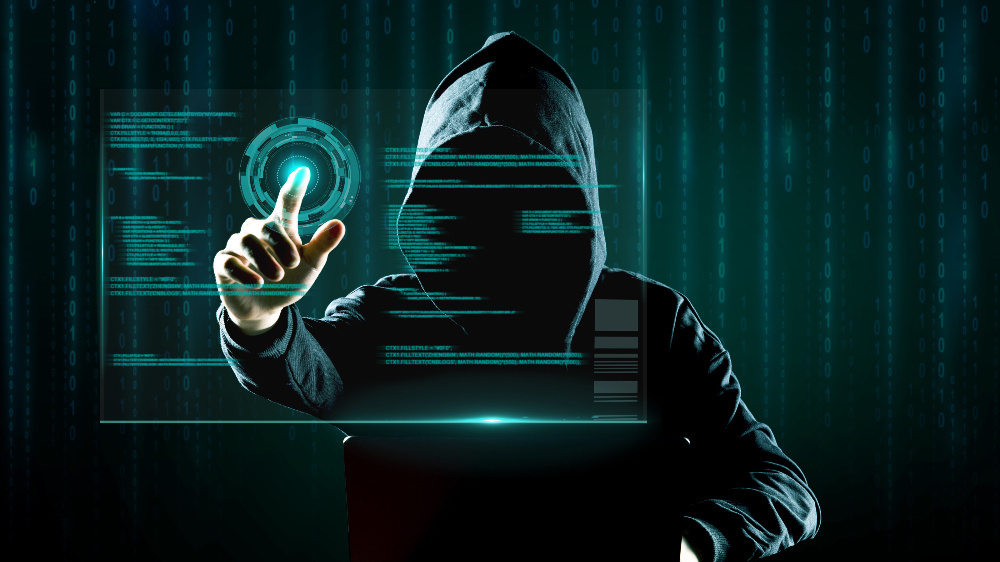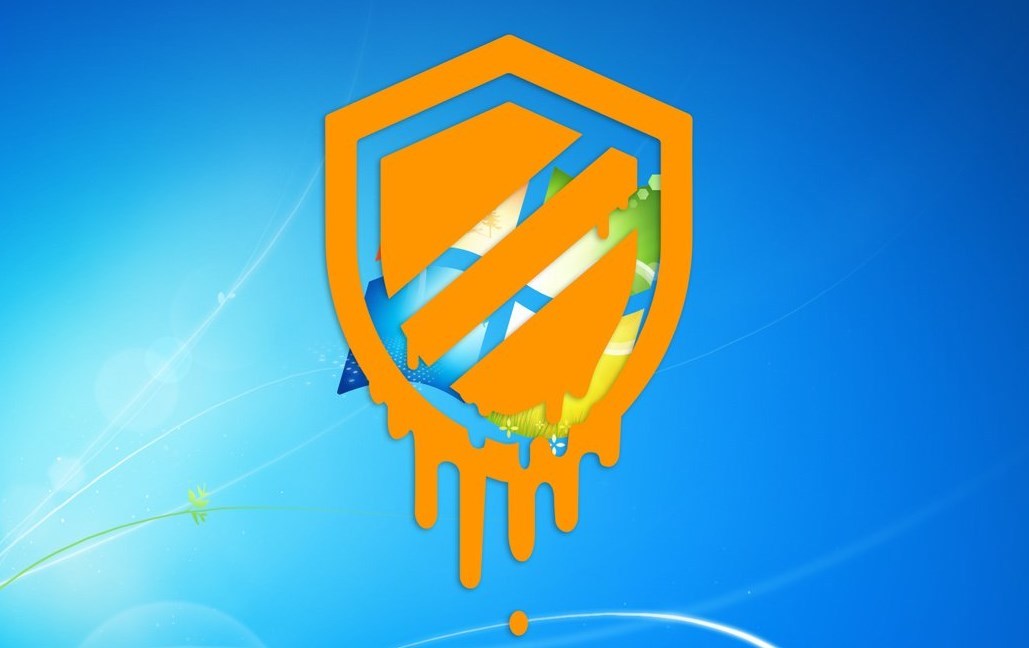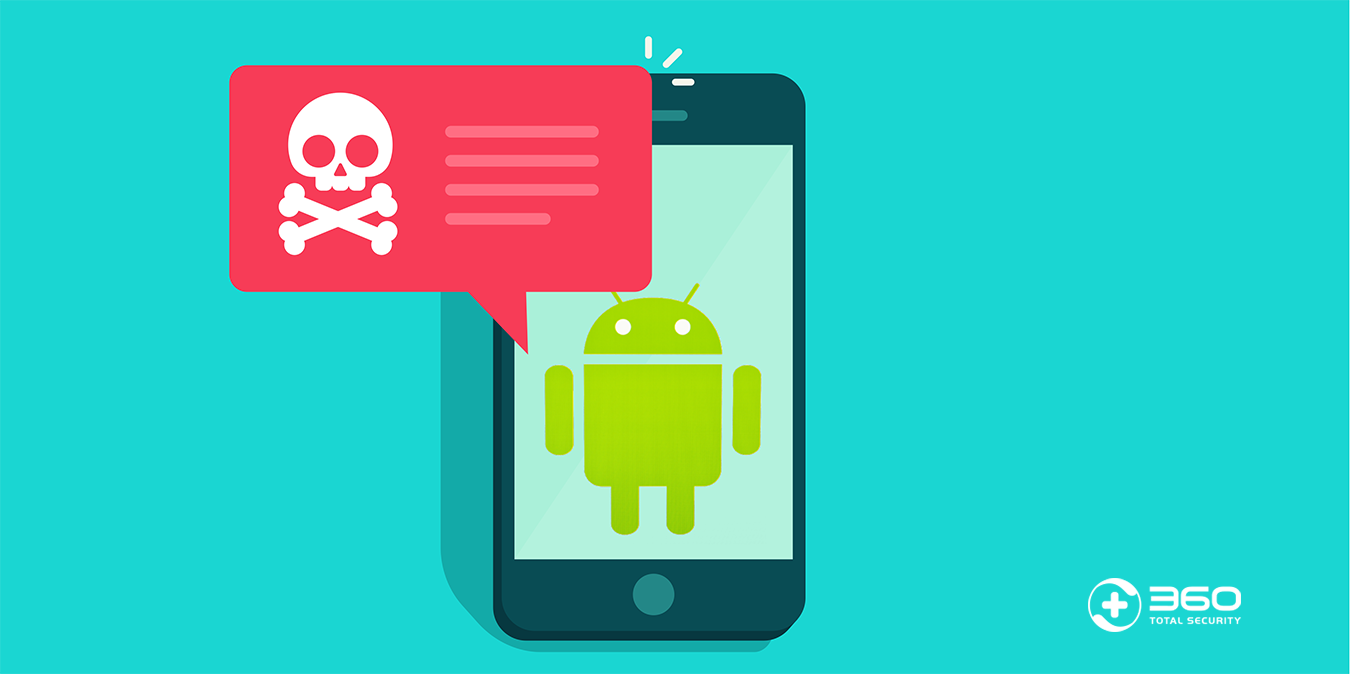
Getting Internet access in public areas has never been easier, as hotspots are becoming ubiquitous. No matter if you are a business traveler, a student, or a blogger, you can receive emails at the airport, prepare your midterm report in a bookstore, or write your column in a cafe. These hotspots provide extreme convenience; however, this convenience comes with a price. Using a public Wifi may not be as safe as you think.
Why using a public Wifi may put your private data at risk?
Designed to provide easy Internet access to its users, a public wireless connection provides less security measures than a private one. In many cases, you are not even required a password to get connected; in some other cases, the password is so easy to guess that it barely offers protection.
Without these authentication steps, a snooper sharing the same network with you may easily intrude on your privacy. By positioning himself between an device and the connection point, a hacker can intercept the information being transmitted from you, including emails, online credentials, and even your bank account information. What’s worse, if you do not turn off the file-sharing feature, a hacker can further exploit it to distribute malware to your PC.
How to protect yourself while using a public network?
To reduce the risk of your information being stolen at a public hotspot, there are some precautions you can take to keep your privacy:
1. Do not connect to unknown Wifi networks
Looking for Wifi connection in a public place has almost become a reflex for many people. Hackers may take advantage of this by setting up their own wireless network with names like ‘Free Wifi’ or ‘Public Wifi’ to trick their preys. Hence, avoid connecting to any suspicious network unless you can verify it’s provided by a trustworthy source.
2. Look for SSL connections
When browsing a website, check the URL address first. If the site’s name begins with ‘HTTPS’, that means your data will travel encypted and cannot be read. Raise your attention if it’s only ‘HTTP’, for that means your information will be sent without any encryption, putting your privacy at risk. It is also strongly recommended to enable the ‘Always Use HTTPS’ option in your browsing settings.
3. Use a VPN
A VPN (Virtual Private Network) offers an extra layer of encryption for your Internet communication. Since a VPN encrypts all the data transmitted, hackers will not be able to reach your data without the decryption key. You can also learn more about the benefits of a VPN and how it can be applied to your everyday life in our blog.
4. Turn your Wifi off when not using it
If you are doing work in Excel or Word that requires no Internet connection, just turn your Wifi off. Even if you are not connected to the web, leaving your Wifi on still results in minor data transmission from your Wifi hardware to other networks. Turning Wifi off not only lowers the chance of your privacy being compromised, but also saves your battery life, as it no longer consumes power to look for networks nearby.
5. Do not send sensitive information under a public connection
If it’s not an urgent case, there is no need to take the risk of being hacked by using online banking and sending out personal credentials under a public network. If you must do so, then make sure the site you are browsing is secured before conducting any transaction.
6. Install an antivirus for further protection
Even if you have taken all these precautions, you may still encounter issues from time to time. In addition to the aforementioned tips, you should also install an antivirus software on your PC. A well-functioning Antivirus can offer in-time protection whenever there are suspicious activities that could threat your computer.
Finally, the key point to keep you safe and private is never let your guard down. Remember that when you are online in public, there will be chances for snoopers to eavesdrop on your Internet communications. Therefore, while using a public hotspot, always remain alert to stay protected.
Learn more about 360 Total Security







